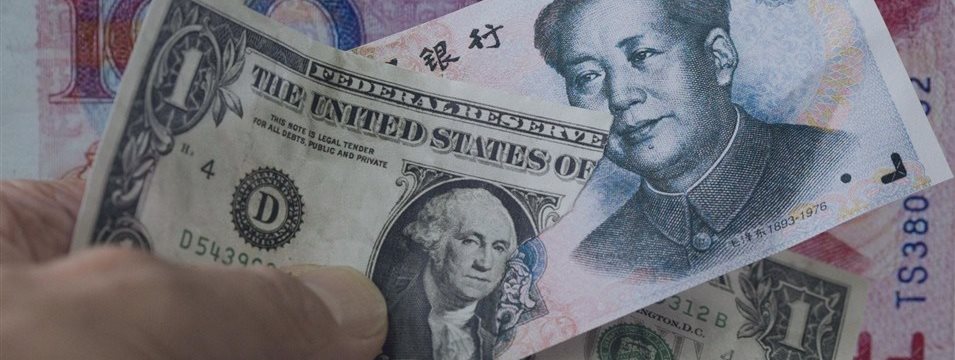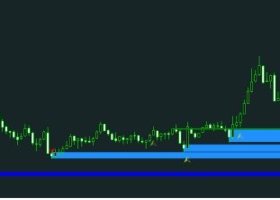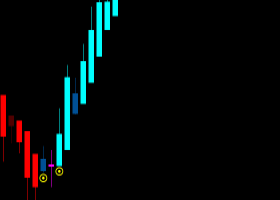
Analyst: Dollar has peaked, its decline will coincide with yuan's rise
The greenback has peaked, the U.S. economy is "doing nothing" and China will soon vie with the United States on the global arena, says Steen Jakobsen, the chief economist at Danish investment bank Saxo Bank.
A rate liftoff by the U.S. Federal Reserve
might be just around the corner, but Jakobsen suggested it is nothing
more than a "margin call," implying that it was a warning shot to
investors that a seven-year bull run for equities might be coming to an
end.
"On any model I look at, (the U.S. economy) is still
way too weak in a normal cycle to actually take and live with the
higher interest rate," he said.
Since the beginning of 2014, the greenback was risen 20% against its major peers. This has come as the Fed heads for normalizing its monetary policy after several years of bond-buying on a massive scale and ultra-low interest rates.
Deutsche Bank's George Saravelos is one of those who think the greenback will rise further, noting that there was at least a 10 percent appreciation of the
trade-weighted dollar left in the current cycle.
But Jakobsen sticks to another point of view, and predicts that its fall will coincide with the rise of China's yuan.
This year, Christine Lagarde, the managing director of the International Monetary Fund,
has spoken favorably of China's currency. She noted there are plans
afoot for it to be included in the IMF's SDR (special drawing rights)
basket, which it uses as a supplementary foreign exchange reserve.
In Jacobson's opinion, the renminbi will thus overtake the pound sterling as the world's number three currency (in foreign exchange volumes) in less than three years.
He sees a pickup ahead for China, noting that in comparison with the rest of the world, China does have a plan.
The internationalization of the yuan will mean sovereign wealth funds will start to "play and act very aggressively," Jakobsen added.
The analyst says that China's foreign exchange reserves
of more than $3 trillion will begin to be invested.
Since a sizable chunk of China's reserves are kept in dollar-denominated assets, this investment would be of extreme harm to the dollar and U.S. bond markets.


